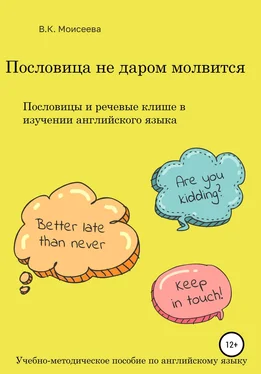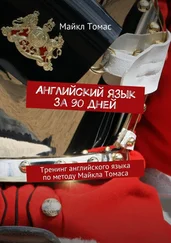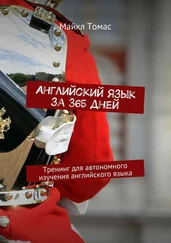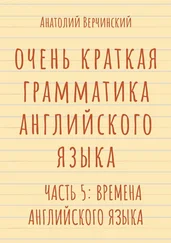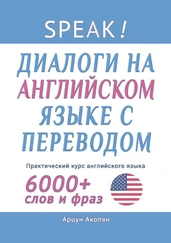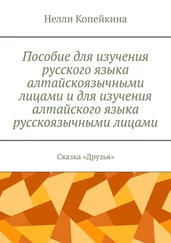Тask 5. Translate the passage into Russian. Retell it, and explain the use of proverbs.
Montanelli came slowly down the steps, the people crowding about him to kiss his hands.
"Peace be with you, my children!"
At the sound of the clear, silvery voice, the Gadfly bent his head, so that the white hair fell across his face. If only he could shrink into some corner and stop his ears to shut out, the sound! Indeed, it was more that any man should have to bear ─ to be so close, so close that he could have put out his arm and touched the dear hand.
"Will you not come under shelter, my friend?" the soft voice said. "I am afraid you are chilled."
The Gadfly's heart stood still. For a moment he was conscious of nothing but the sickening pressure of the blood that seemed as if it would tear his breast asunder; then it rushed back, tingling and burning through all his body, and he looked up. The grave, deep eyes above him grew suddenly tender with divine compassion at the sight of his face.
"Stand back a little, friends," Montanelli said, turning to the crowd; "I want to speak to him."
The people fell slowly back, whispering to each other, and the Gadfly, sitting motionless, with teeth clenched and eyes on the ground, felt the gentle touch of Montanеlli’s hand upon his shoulder.
"You have had some great trouble. Can I do anything to help you?"
The Gadfly shook his head in silence.
"Are you a pilgrim?"
"I am a miserable sinner."
The accidental similarity of Montanelli's question to the password came like a chance straw, that the Gadfly, in his desperation, caught at, answering automatically. He had begun to tremble under the soft pressure of the hand that seemed to burn upon his shoulder. (E. L. Voynich, The Gadfly)
Тask 6. Choose the best variant from those given below to complete the proverb.
1) A ............. stone gathers no moss.
a) rolling
b) nice
c) big
2) As you make you bed, so you ............. lie on it.
a) can
b) try
c) must
3) A stitch in time ............. nine.
a) saves
b) brings
c) makes
Тask 7. Complete the beginning or the end of the following proverbs.
1) A bird in hand .............
2) A rolling stone .............
3) Actions speak louder .............
4) All's well .............
5) A stitch in time .............
6) ............. and you'll be told no lies
7) ............. dreads the fire
8) ............. will catch at a straw
9) ............. a friend indeed
10) ............. so you must lie on it
Тask 8. Illustrate the proverbs using your body language/ gestures.
The appetite comes with eating. (Аппетит приходит во время еды.)
As you make your bed, so must you lie in it. (Как постелешь, так и поспишь.)
Тask 9. Make up a joke using one or more of the given proverbs in the end.
A bird in the hand is worth two in the bush.
A burnt child dreads the fire.
A drowning man will catch at a straw.
A friend in need is a friend indeed.
As you make your bed, so you must lie on it.
A stitch in time saves nine.
Ask no questions and you'll be told no lies.
A rolling stone gathers no moss.
All's well that ends well.
Тask 1. Read and translate the meaning of the proverbs using the vocabulary.
Explanatory notes:
1. A watched pot never boils(or: a watched pot is long in boiling): time hangs heavy on one's hands during the period of waiting or expectation.
Example: I said to myself, "A watched pot never boils"; if I don't look for her she will come. (J. Galsworthy)
2. Better late than never: it is better to arrive late than never to arrive at all, or be late in the performance of something necessary or advisable rather than never do it. Compare: Лучше поздно, чем никогда.
3. Don't cross the bridges before you come to them(or: don't cross the bridge till you get to it): do not trouble yourself about future problems and difficulties, but wait till they have to be faced.
Example: "You know I get desperately frightened, sometimes," said Aileen. "Father might be watching us, you know. I've often wondered what I'd do if he caught us. I couldn't lie out of this, could I?"
"You certainly couldn't," said Cowper wood, "but you might as well not cross that bridge until you come to it," he continued. (Th. Dreiser)
4. Every cloud has a silver lining: nothing is wholly dark or full of unmixed sorrow or gloom; there is some good in every evil; a misfortune may turn into a benefit.
Example: "O, society!" said Kate, "society, in the sense you mean, and I have only a bowing acquaintance. Every cloud has a silver lining; and that is one advantage of being insignificant, ─ that you're not in much terror of Mrs. Qrundy." (R. Broughton)
5. Half a loaf is better than no bread: if it is impossible to have (receive, gain) exactly what one wants, it is better to have a substitute, however poor it may be, than nothing at all.
Example: We must live somehow, and half a loaf is better than no bread. (Ch. Kingsley)
6. In for a penny, in for a pound: as soon as one has entered into the engagement, one must go through with it at all costs.
Example: "She has not been here since Monday?"
"I believe not."
"Then you have been there?"
"Yes."
"What day?"
He hesitates. Shall he make a clean breast of it? Yes: in for a penny, in for a pound.
"I've been there five days," replies he slowly, and looking down. (R. Broughton)
Task 2. Complete the following proverbs.
1) Every cloud .........................
2) ........................ than never.
3) Don't cross ........................ you get to it.
4) Half a loaf ....................
5) ........................ in for a pound.
Тask 3. Find English equivalents to the Russian proverbs below.
На безрыбье и рак рыба.
Назвался груздем ─ полезай в кузов.
Взялся за гуж ─ не говори, что не дюж.
Нет худа без добра.
Лучше поздно, чем никогда.
Не стоит беспокоиться раньше времени.
Task 4. In the following passages find proverbs, or parts of proverbs, explain their meaning in English.
1) Every cloud has its silver lining but it is sometimes a little difficult to get it to the mint. (B. Stevenson)
2) The first time he was found there by the newspapers didn’t matter because you're crazy enough to do anything, but now it would be the final straw to break the back of this whole ridiculous situation. (J. Aldridge)
3) Hugo felt that he was about to swoon, that he had suffered just as much as a mart, could suffer, and that Fate was dropping the last straw on the camel's back. (A. Bennett)
4) "Tomorrow seemed such a long time off, that I thought I must know the worst or the best before the sun came up again. I don't quite know which it is now; which is it, Esther?" ─ "It's neither the one nor the other; it's the second best," she answers, all smiles again, at seeing some prospect of her admirer's departure. "It is that I really am very much obliged, though, all the same I wish you would think better of it and that I'll try." So with this half-loaf he goes. (R. Broughton)
5) The Spaniard seemed to catch sight of the bottle. "I'm so thirsty, do you mind if I have a glass of champagne?" Julia was silent for a fraction of a second. It was his champagne and his compartment. Oh well, in for a penny, in for a pound. "Of course not." He poured himself a glass, lit a cigarette and sat down on the edge of her bed. (W. S. Maugham)
Читать дальше
